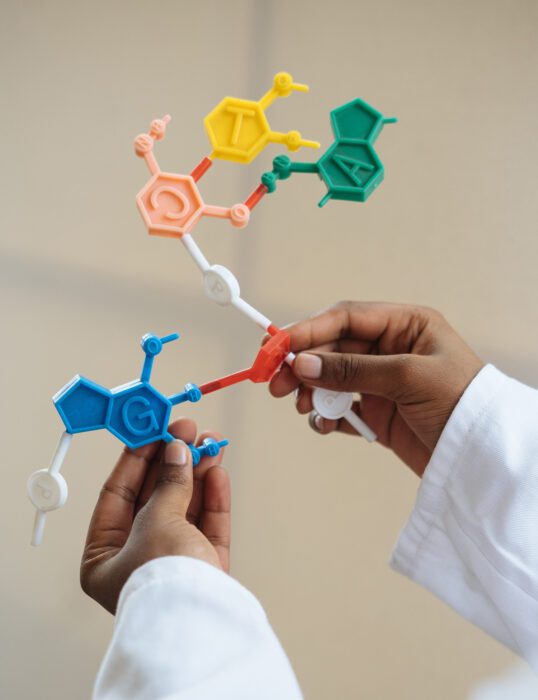There are extensive research possibilities in biomaterials, with combinations of materials being a main area of focus. Scientists want to understand whether composites – materials with a mix of properties from metals, ceramics, glass and polymers – can offer a range of benefits at the same time and solve more medical challenges.
Biomaterials are substances that are engineered to interact with biological systems. They include metals, ceramics, glass and polymers and can be found in items such as heart valves, artificial joints, contact lenses and dental implants. New uses for biomaterials are continually being developed.



